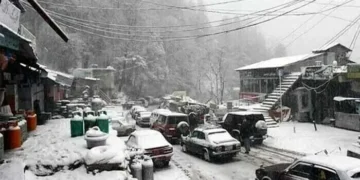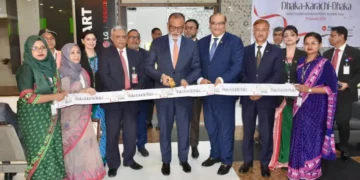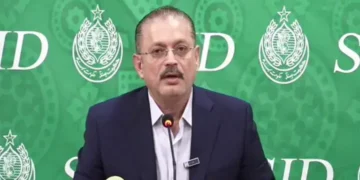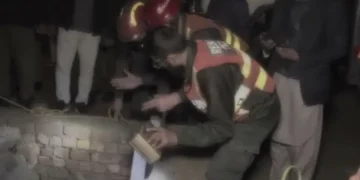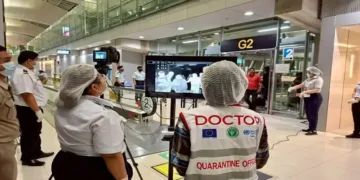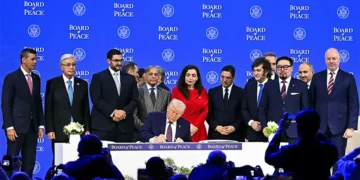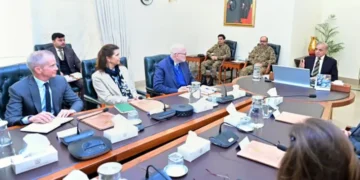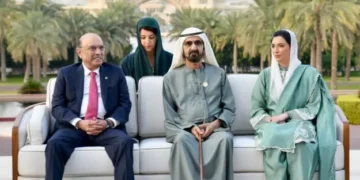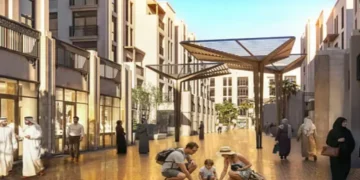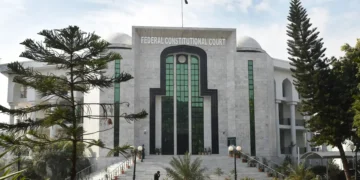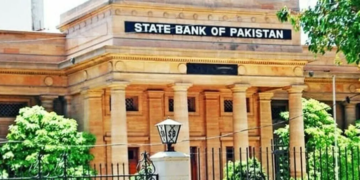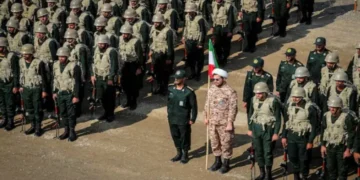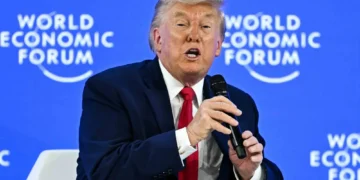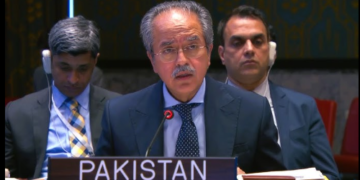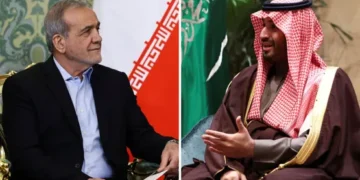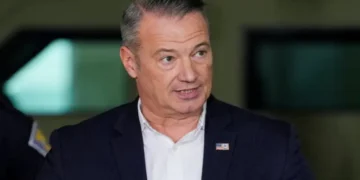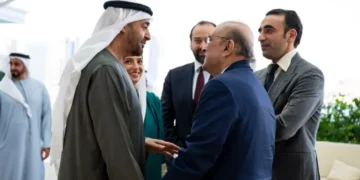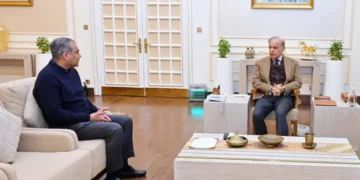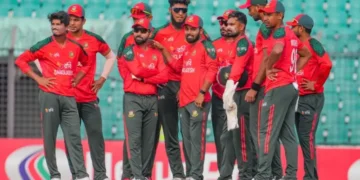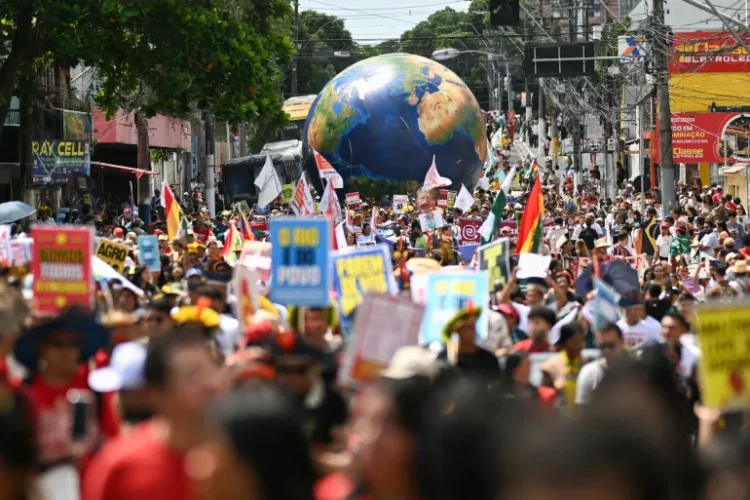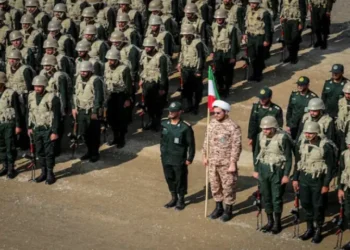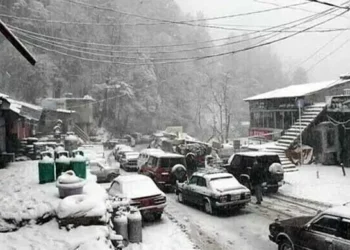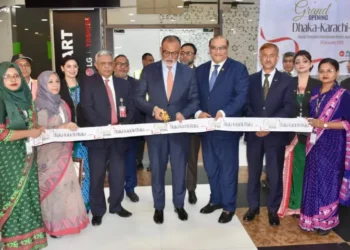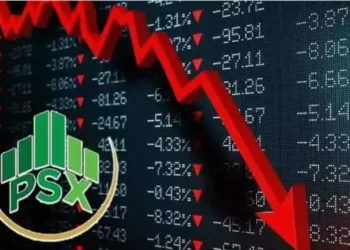Web Desk (MNN); Thousands of people rallied in the Brazilian city of Belem, demanding that the voices of Indigenous peoples and environmental defenders be prioritized at the COP30 United Nations climate summit.
The march, held on Saturday, brought together Indigenous groups and climate activists in a lively procession. Participants carried a giant Earth-shaped beach ball and a Brazilian flag with the message “Protected Amazon” as they moved through the streets.
This was the first major demonstration outside the ongoing COP30 summit, which began earlier in the week and has drawn global leaders, experts, and campaigners seeking solutions to the worsening climate crisis.
Earlier in the week, Indigenous activists interrupted the summit proceedings, pressing Brazilian President Luiz Inacio Lula da Silva to take tangible steps to safeguard their threatened lands.
Amnesty International recently warned that billions of people around the world are at risk due to expanding fossil fuel projects, including pipelines and coal mines. Indigenous communities, the group noted, are often the first to face the impacts of such developments.
The protest, named the Great People’s March, took place as COP30 negotiations reached their midpoint.
Benedito Huni Kuin, a member of the Huni Kuin Indigenous group, said their forests were being devastated. He stressed that Indigenous voices must be heard, and more representation is needed at COP discussions to protect their rights.
Youth activist Ana Heloisa Alves described the event as the largest climate march she had ever attended, saying that such a massive turnout cannot be ignored.
The COP30 talks come amid alarming warnings from the United Nations that the world is likely to cross the 1.5C global warming limit within the next decade. According to a UNEP report, current national pledges could push global temperatures up by 2.3C to 2.5C by the end of the century.
UNEP Executive Director Inger Andersen stated that although climate action plans have shown some progress, emission cuts remain far too slow, especially given the current geopolitical challenges.
Despite the urgency, experts say major breakthroughs are unlikely before the talks end on November 21. However, there is hope for movement on earlier commitments, such as financial support to help vulnerable nations cope with climate impacts.

